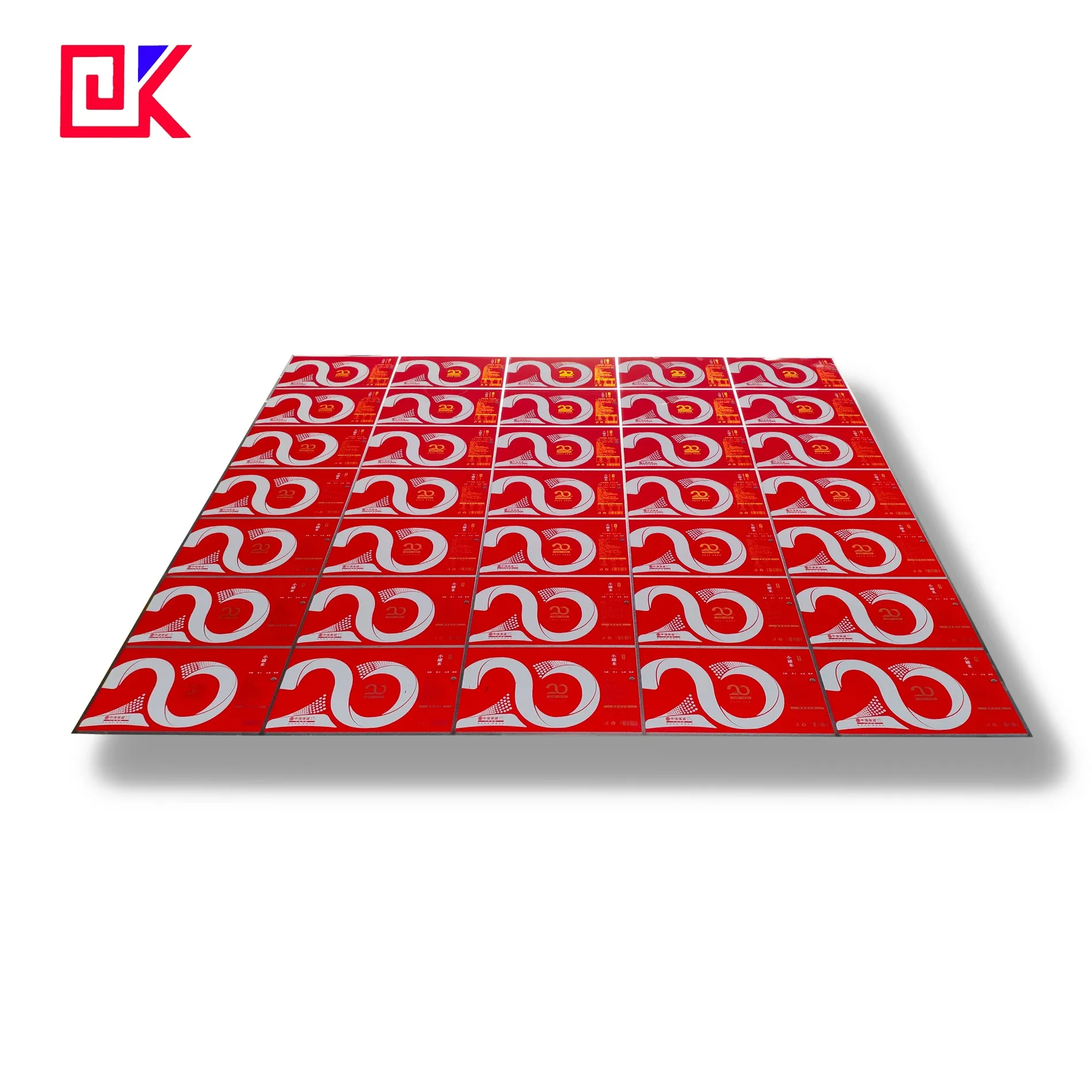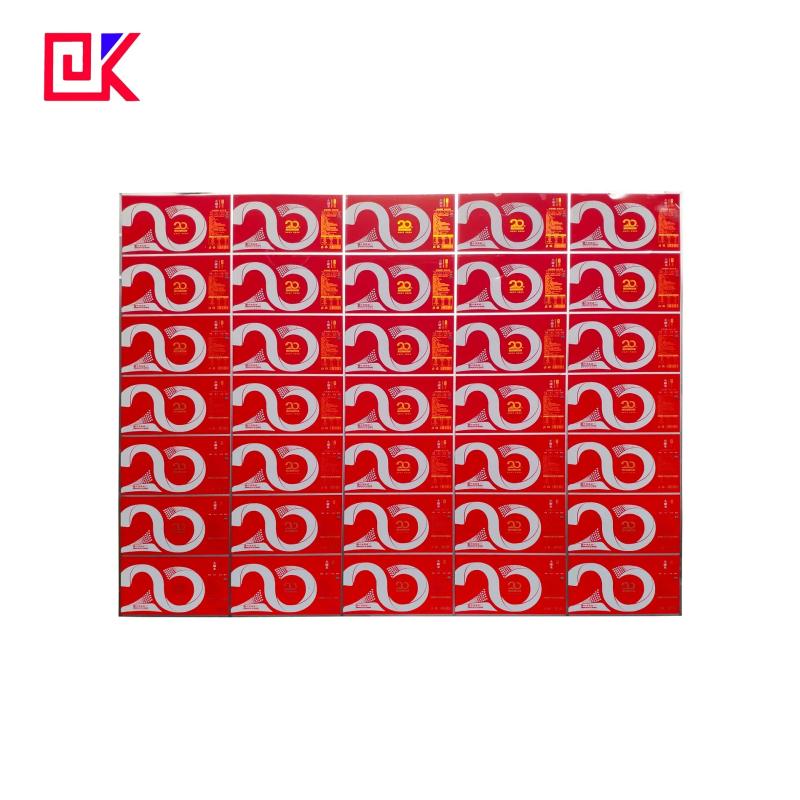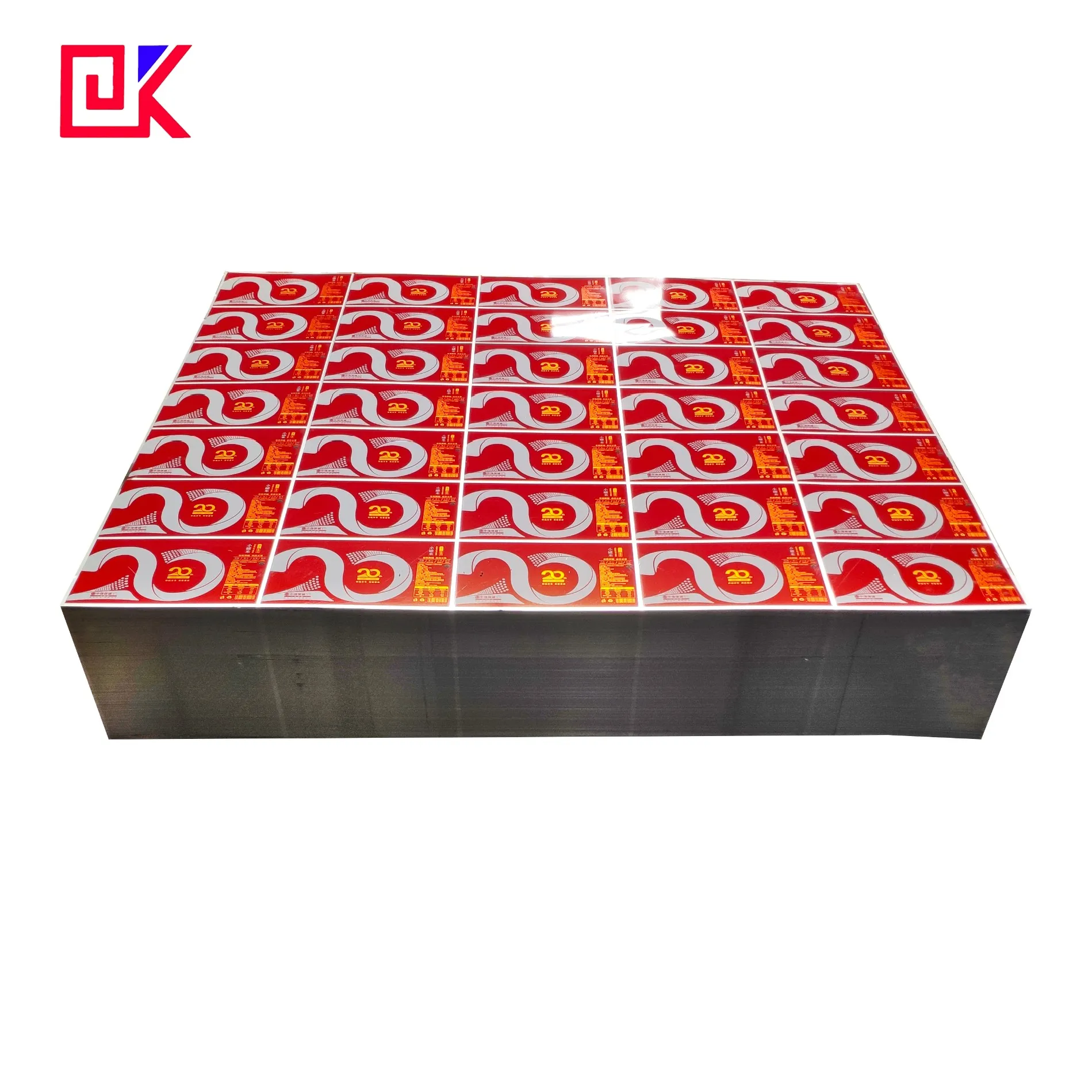Metal coffee tins are widely used for coffee storage because of their excellent sealing and light-proof properties. Metal cans not only effectively protect coffee beans from oxidation and moisture, but also become one of the preferred storage containers for coffee lovers because of their durability and portability.
So, what materials are metal coffee tins made of? What impact do different metal materials have on coffee storage? This article will explore the material composition and related properties of metal coffee tins in depth.

What materials are usually used for metal coffee tins?
1. What are the advantages of coffee tins made of stainless steel?
Stainless steel is one of the most commonly used materials for metal coffee tins. It has won the favor of the market and consumers for its corrosion resistance, durability and non-deformation characteristics. Stainless steel coffee tins are not only strong and can withstand certain external impacts, but also have strong corrosion resistance, which is especially important for coffee that needs to be stored for a long time. In addition, the material of stainless steel will not affect the taste of coffee, and will not produce odors or chemical reactions. Stainless steel coffee tins on the market mostly use 304 stainless steel or 316 stainless steel, which have excellent anti-rust properties and can ensure the stability of coffee tins in humid environments.
2. Why has aluminum coffee tin become the mainstream choice?
Aluminum coffee tins are also very common in the market for their lightweight characteristics and low cost. Metal coffee tins made of aluminum are usually treated with anti-rust and anti-corrosion to extend their service life. Aluminum materials themselves have good antioxidant properties. Through anodizing and other processes, a dense oxide film will form on the surface of the aluminum can, thereby enhancing its corrosion resistance. In addition, aluminum materials have good ductility and are suitable for making coffee tins of various shapes, making them not only practical but also ornamental.
3. Can tinplate coffee tins effectively isolate air?
Tinplate is a thin steel plate with a tin-plated surface that has excellent antioxidant properties and is relatively low in cost. The production process of tinplate cans is simple and suitable for mass production, so they are widely used in the food packaging industry. The tin coating of tinplate cans can prevent direct oxidation of metal to a certain extent, while effectively isolating air and moisture, providing a good storage environment for coffee. However, it should be noted that if the tin coating is scratched or peeled off, the internal steel plate is susceptible to oxidation and corrosion, so when using tinplate coffee tins, care should be taken to avoid surface damage.

Does metal coffee tin contain harmful substances?
1. Does stainless steel coffee tin contain heavy metals?
Stainless steel is generally considered to be a safe and stable material that does not release harmful substances as easily as some metals. However, stainless steel also contains a certain amount of nickel, chromium and other elements, which may precipitate under certain conditions, especially in highly acidic or high-salt environments. But in terms of storing coffee, stainless steel is stable enough, and usually does not migrate or produce ingredients that are harmful to coffee. Therefore, stainless steel coffee tins are widely used in the field of food packaging and are safer.
2. Does aluminum can affect the taste of coffee?
Aluminum cans are usually coated with an anti-oxidation coating during the canning process to prevent the aluminum metal from coming into direct contact with air and moisture, and to avoid oxidation and corrosion. However, bare aluminum may react with certain acidic substances, which may affect the taste of the stored goods. To ensure safety, the inner wall of the aluminum coffee tin is usually treated with an anti-corrosion coating, which can isolate the aluminum metal from direct contact with the coffee, ensuring that the taste and quality of the coffee are not affected.
3. Will the tin coating of tinplate fall off?
The surface of tinplate is coated with a layer of tin, which exists to prevent the iron from being directly exposed to the air and rusting. However, the tin coating may gradually wear out when repeatedly used or scratched, exposing the internal iron layer. For this reason, high-quality tinplate coffee tins usually add another layer of protective coating on the tin coating to enhance its protective performance and avoid the problem of tin removal, thereby ensuring the safety of coffee storage.
What is the role of the coating of metal coffee tin?
1. How does the anti-corrosion coating extend the service life of the coffee tin?
The inner wall of the metal coffee tin is usually coated with an anti-corrosion coating, which not only isolates the metal from direct contact with the air and avoids oxidation reactions, but also isolates the oil in the coffee powder from direct contact with the metal. Coffee contains a certain amount of oil, which will penetrate into the metal surface if stored for a long time, affecting the cleanliness of the can and the quality of the coffee. The anti-corrosion coating can isolate the oil, reduce the difficulty of cleaning, and extend the service life of the coffee tin.
2. Can food-grade coating ensure the safety of coffee?
Food-grade coating refers to materials that have passed food safety certification, do not contain harmful substances, and are suitable for contact with food. Stainless steel and aluminum coffee tins usually use food-grade coatings to ensure that no harmful ingredients are precipitated in the can. In addition, food-grade coatings have high corrosion resistance and can remain stable even in high humidity and high temperature environments. They will not easily peel off, thereby protecting coffee from the influence of metal. When purchasing a coffee tin, you should ensure that its inner wall is coated with food-grade coating to ensure the safe storage of coffee.
3. What protective effect does the anti-oxidation coating have on aluminum cans?
Aluminum coffee tins usually have an anti-oxidation coating on the inner wall to prevent direct contact between aluminum and air. Aluminum is easily oxidized in the air. This oxide film not only affects the appearance, but may also have an adverse effect on the quality of the coffee in the can. Therefore, the anti-oxidation coating is an indispensable part of aluminum cans. It can significantly improve the durability of aluminum cans and maintain good anti-corrosion performance during storage.

What should be paid attention to when using metal coffee tins?
1. Why do metal coffee tins need to avoid humid environments?
Although metal coffee tins are usually treated with anti-corrosion, long-term exposure to humid environments may still accelerate the corrosion process, especially for tinplate cans. Humid environments will increase the peeling speed of the tin coating and affect the durability of metal coffee tins. Therefore, it is recommended to place metal coffee tins in a dry place to avoid the effects of humidity and frequent temperature changes on their materials.
2. How to clean metal coffee tins to extend their service life?
Some coffee oil and powder may remain in the metal coffee tin during use, and long-term accumulation will affect the storage effect. Therefore, regular cleaning is an essential step. It is recommended to use warm water and neutral detergent for cleaning, and avoid using hard cleaning tools such as steel wool to prevent scratching the inner wall coating. After cleaning, the water should be wiped off thoroughly to ensure that the inside of the can is kept dry to prevent rust.
3. Is the metal coffee tin suitable for refrigerated storage?
Metal coffee tins are generally not suitable for refrigerated storage because condensation may occur on the metal surface in low temperature environments, resulting in water vapor inside the can, which will accelerate the corrosion of the metal and affect the taste of the coffee. If coffee must be stored in a refrigerated environment, it is recommended to use a coffee tin with a built-in sealed bag to reduce the possibility of water vapor entering.
With a focus on quality and efficiency, DKtinplate delivers premium tinplate packaging solutions to customers worldwide. Located in Foshan, China, our factory features advanced production lines for metal printing, aerosol cans, and tinplate lids. Certified by ISO9001 and equipped with patented technologies, we ensure every product meets the highest standards. Whether you’re seeking wholesale supplies, custom designs, or promotional discounts, DKtinplate offers cost-effective options tailored to your needs. Contact us today for competitive quotes and a reliable supply chain you can trust.

